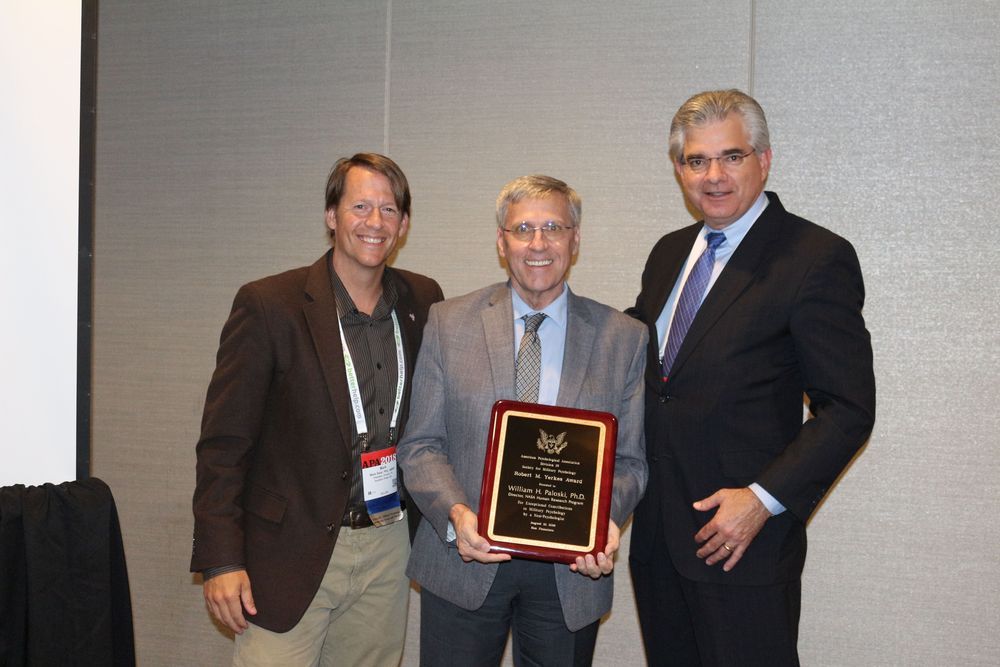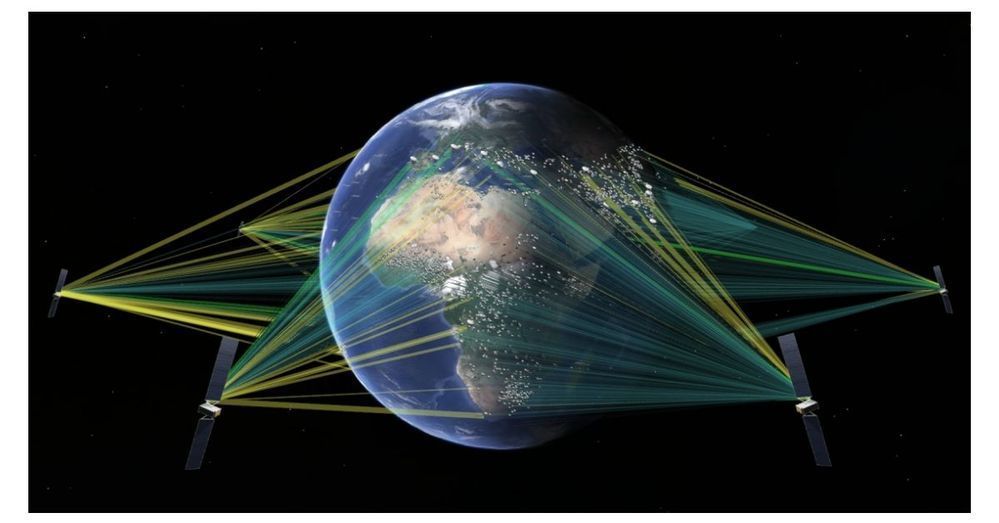Category: government – Page 170

Was SHA-256 cracked? Don’t buy into retraction!
SHA-256 is a one way hashing algorithm. Cracking it would have tectonic implications for consumers, business and all aspects of government including the military.
It’s not the purpose of this post to explain encryption, AES or SHA-256, but here is a brief description of SHA-256. Normally, I place reference links in-line or at the end of a post. But let’s get this out of the way up front:
- Sept 11: Original disclosure
- Sept 11: Community skepticism
- Sept 12: Claim retracted: [announcement] [press]
One day after Treadwell Stanton DuPont claimed that a secret project cracked SHA-256 more than one year ago, they back-tracked. Rescinding the original claim, they announced that an equipment flaw caused them to incorrectly conclude that they had algorithmically cracked SHA-256.
Engineered Bioweapons Are the New Security Threat, Here’s What You Need to Know
;-;
Bioweapons have been around for centuries, but with advances in synthetic biology we’re now able to make them from scratch.
»Subscribe to Seeker! http://bit.ly/subscribeseeker
»Watch more Focal Point | https://bit.ly/2lJeJUL
The man who stopped America’s biological weapons program
https://www.vox.com/future-perfect/2019/4/9/18301321/biologi…-institute
“Today, the use of biological weapons is almost unthinkable. But this wasn’t true in the 1960s, when the US government stockpiled such weapons and work continued on developing new, more effective variants. There was an agreement about the use of biological weapons — the post-World War I Geneva Protocol, which also covered chemical weapons — but the United States wasn’t among the signatories to it.”
Synthetic biology raises risk of new bioweapons, US report warns
https://www.theguardian.com/science/2018/jun/19/urgent-need-…ent-report
“The rapid rise of synthetic biology, a futuristic field of science that seeks to master the machinery of life, has raised the risk of a new generation of bioweapons, according a major US report into the state of the art.”
Russian and American use of Yersinia pestis as a Biological Weapon
Artificial Intelligence and India
The competition between the United States and China on artificial intelligence is heating up recently. In the coming AI Race, can India with an abundance of engineering talent really catch up with the US and China?
Artificial Intelligence, Machine Learning, Robotics, and The Internet of Things (IoT) are one of the rapidly advancing technological developments. The rate of progress in the field of these is amazingly rapid. From SIRI to self-driving cars, artificial intelligence is changing our daily life in many ways.
India is on course to become the third-largest economy in the world (by GDP) within the next few years according to MIT Technology Review. Indian government released a report on artificial intelligence in 2018 that calls for the country to boost investment and focus on deploying the technology in manufacturing, health care, agriculture, education, and public utilities. Currently, around 400 new companies in India have put resources into work including artificial intelligence and machine learning.

New vibration sensor detects buried objects from moving vehicle
Detecting landmines can be a challenging and slow process. Detecting them from a moving vehicle would make the process more speedy, but at the expense of accuracy.
At the Optical Society’s (OSA) Laser Congress, held 29 September—3 October 2019 in Vienna, Austria, researchers from the University of Mississippi, U.S.A., will report a new laser-based sensor that effectively detects buried objects even while the detector is in motion. This new device offers a significant improvement over existing technologies, which cannot be operated on the go and lose accuracy in the presence of external sources of sound or vibration.
Laser Doppler vibrometers (LDVs) combined with vibration excited in the ground have shown promise for detecting landmines and other buried objects, but their sensitivity to environmental vibrations mean they must be operated from a special stable platform. The device, called a Laser Multi Beam Differential Interferometric Sensor (LAMBDIS), provides comparable detection capabilities but is far less sensitive to motion, allowing it to be used aboard a moving vehicle.

Conquering the Challenge of Isolation in Space: NASA’s Human Research Program Director Receives National Recognition
On a recent afternoon at the Johnson Space Center, Bill Paloski, Ph.D., Director of NASA’s Human Research Program (HRP), commented on HRP’s mission to protect the health and safety of astronauts. He reflected on some of the human hazards of space, including radiation, isolation and confinement, distance from Earth, altered gravity, and hostile/closed environments.
“We still have a lot to learn about these hazards,” says Paloski. “For instance, how long does it take for space radiation to damage the human body? When you’re isolated, and can’t get home or talk to your family, how long can you stay positive? NASA’s Human Research Program exists to ensure the safety of brave people who are navigating unfamiliar territory in very stressful conditions. We need this program and its research teams to develop strategies to protect our explorers and pioneers who represent the front line of our nation’s space program.”
Paloski’s dedication to improving the lives of this “front line” has provided benefit to other sectors of the federal government, including those who serve the nation in high-risk missions and those in our military services. In recognition of these benefits, Paloski recently received the prestigious Robert M. Yerkes Award for significant contributions to military psychology by a non-psychologist.

Toyota tests solar-powered Prius in quest for plugless electric car
TOKYO (Reuters) — Inspired by new ultra-thin solar panels developed for satellites, a project led by Toyota Motor Corp is experimenting with a sun-powered Prius that it hopes will one day require no plugging in.
In the Japanese government-funded demonstration project, Toyota engineers fitted solar panels designed by Sharp Corp to the hood, roof, rear window and spoiler to see how much juice the sun can generate.
The electricity from the panels goes directly to the drive battery, so the Prius can charge while moving or when parked.
Searching for the 80,000 Disappeared in Colombia’s Brutal Civil War
SAN JOSE DEL GUAVIARE, COLOMBIA — Cerafín Méndez was out drinking one night when a fight broke out with his neighbor. The next day, three FARC soldiers came for him, bound his hands, and led him away.
That was the last time his family would see him alive.
“I was worried he had been left in the bush and eaten by animals, as if he were a dog,” said his wife, Miriam Méndez. “20 days passed, a month and nothing, nothing was found.”
Thirty years later, Méndez was finally given some closure when the Colombian government successfully identified her husband’s remains, and scheduled an event to bring them home for a proper burial.
“I finally feel like my mind was put to rest. Knowing his final location makes us feel less like he was abandoned alone,” Méndez’s daughter Mary told VICE News. “Before this, it was like he was forgotten in time.”
Méndez’s story isn’t uncommon in Colombia. More than 80,000 Colombians were violently disappeared at the hands of Guerrilla groups, armed gangs, and government forces during a half century of civil war. And for decades, their cases went cold, ignored or out of reach of authorities.

SES Selects SpaceX to Launch Groundbreaking O3b mPOWER MEO Communications System
LUXEMBOURG—( BUSINESS WIRE )—SES announced today that it has selected SpaceX as a launch partner to deliver its next-generation Medium Earth Orbit (MEO) satellite constellation into space on board Falcon 9 rockets from Cape Canaveral. The two companies have disrupted the industry in the past when SES became the first to launch a commercial GEO satellite with SpaceX, and later as the first ever payload on a SpaceX reusable rocket. Their next launch, in 2021, will be another one for the records as the revolutionary terabit-scale capabilities of SES’s O3b mPOWER communications system disrupt the industry again.
The global O3b mPOWER system comprises an initial constellation of seven high-throughput, low-latency MEO satellites, each capable of generating thousands of electronically-steered beams that can be dynamically adjusted to serve customers in various markets including telecom and cloud, communications-on-the-move and government. O3b mPOWER also will include a variety of intelligent, application-specific Customer Edge Terminals integrated with SES’s terrestrial network and dynamically optimised using the recently announced Adaptive Resource Control (ARC) software system, further boosting O3b mPOWER’s market-leading flexibility.

U.S. City Beats Greedy Cyberattackers, Saves $5.3m Ransomware Payment
After what has been a summer of “crippling ransomware attacks,” there has now been some respite courtesy of the city of New Bedford, Massachusetts, which has proven that the playing field can be levelled. The city was hit back in July, with its data held hostage, ransomed for more than $5 million in bitcoin. But as the attackers waited for their payment, the city’s law enforcement agencies and technology teams had other ideas.
No types of organisations are immune from these types of attacks these days,” Mayor Jon Mitchell told reporters. The city government, he said, had been taking steps to strengthen our defences—but any network is only one keyword click away from an attack. Thankfully, he acknowledged, “the attack could have been much worse.” It hit on the July 4 holiday when many systems were shut down.
“The attack was a variant of the RYUK virus,” Mitchell confirmed. “The victim needs to make a ransom payment to acquire the decryption key from the attacker.” The attack did not affect all systems or disrupt all services, and on the return to work on July 5, the city kept systems turned off as they isolated the attack.